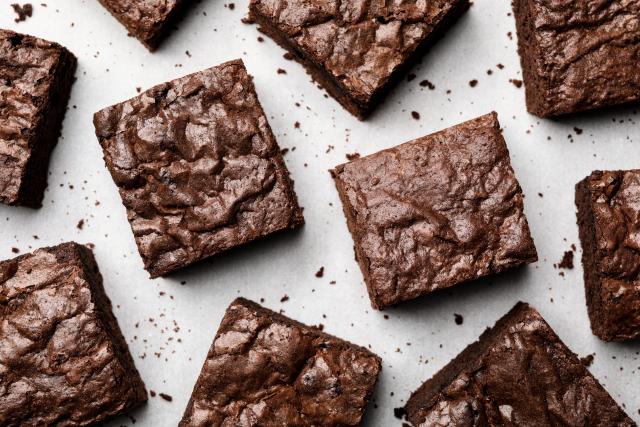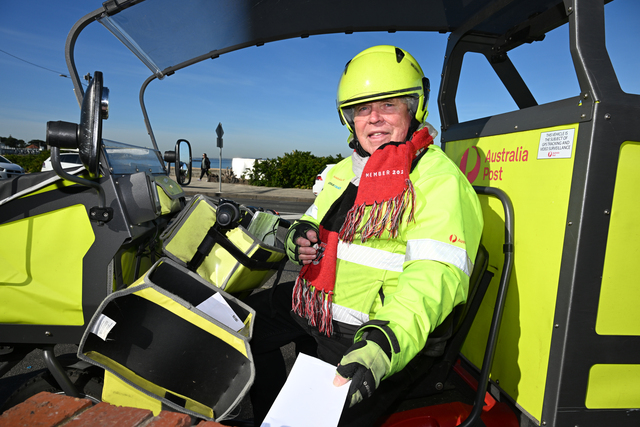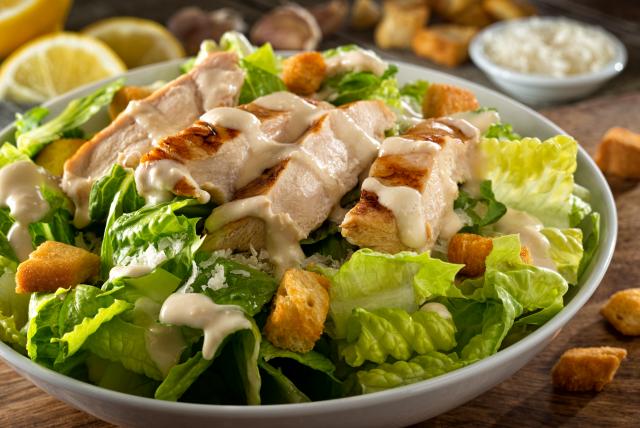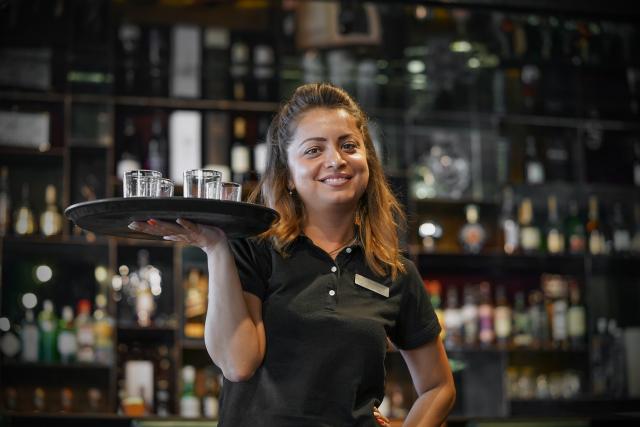A WORKER at a Laverton knackery accused of inhumane treatment of animals says the horses are either ‘‘unwanted or dangerous’’ and are being ‘‘killed the best way we can’’.
Footage secretly filmed by the Coalition for Protection of Racehorses during Melbourne Cup week has prompted outrage from the state’s animal welfare groups.
CLICK HERE to see video. Warning, video contains graphic content.
It shows horses being repeatedly hit on the head and a horse shot and then dragged along concrete while apparently still alive, before it is shot again and has its neck slit.
In a letter to the Department of Primary Industries, Animals Australia alleges animal cruelty and several breaches of hygiene, welfare and meat industry laws, which could result in the cancellation or suspension of the Leakes Road knackery’s licence.
In the video, loud whacking noises can be heard each time a horse is hit on the head with metre-long sticks.
The worker, who asked not to be named, said it was just a ‘‘little tap’’.
‘‘Those things are pretty soft that they use. Everyone says, ‘Oh, they’re sticks.’
‘‘It’s more like a little tap. It’s nothing hard.’’
He said the video footage was being reviewed by vets.
‘‘They do everything by the rules. All they do here is they kill unwanted horses. They are either dangerous or unwanted. They go to the auctions and buy ’em at the auctions. No one wants ’em so they get ’em at the auctions.
‘‘Where are all these horses going to go afterwards? And these guys, they put ’em down humanely.
‘‘The most humane way of killing a horse is a bullet through the head because they’re dead before they hit the ground.
‘‘Everyone says they should use the medication, but that is full of pain killer and that stops their heart, so in other words they’re having a heart attack.
‘‘… They’re goody goodies, but they’re not looking at the long run. They’re saying, ‘Oh, we’re being mean to horses.’
‘‘We do it the best way we can without putting the horses in stress — as much as we can.’’
He said Werribee and Melbourne zoos only took a small amount of horse meat ‘‘now and then’’.
The worker said most customers were retail customers.
‘‘It’s just basically people coming in and buying the meat. They know it’s horse meat.’’
Ward Young, of the Coalition for Protection of Racehorses, said the footage spoke for itself.
‘‘They hit the horses on the head in excess of 60 times when you’d think that after five, 10, or even 20 hits that they’d sort of realise something’s not working here.
‘‘Obviously, more cruel than that is to go and shoot the horse right next to it, which was absolutely distressing for both horses. And we believe that the first horse that was actually shot broke its neck when it fell on the gate.
‘‘Most reasonable people who see that footage will be shocked and rightly so because the horses don’t die as they hit the ground or beforehand.
‘‘As our video footage shows, there was one horse that was shot in the head and dragged more than 60metres across concrete and gravel where it was found to be still alive.
‘‘The worker’s then shot it again and then cut its throat and the horse was still alive after that writhing around, lifting its head off the ground, for up to four minutes before it finally took its last breath.’’
Zoos Victoria spokeswoman Judith Henke said the Laverton Knackery had supplied meat for carnivorous animals at Werribee Open Range Zoo and Melbourne Zoo.
She said the zoos had immediately cancelled their supply following the revelations and would source meant elsewhere.
‘‘Werribee Zoo has lions, tigers and other big cats, and horse meat was very lean and a good addition to their diet,’’ Ms Henke said.
‘‘We obviously had no idea that their practices were inhumane.
‘‘Zoos Victoria has also instigated a review of all other meat supply arrangements … to ensure that all suppliers adhere to the organisation’s Animal Welfare commitments and comply with the appropriate state and federal requirements’’.
The RSPCA is investigating.






